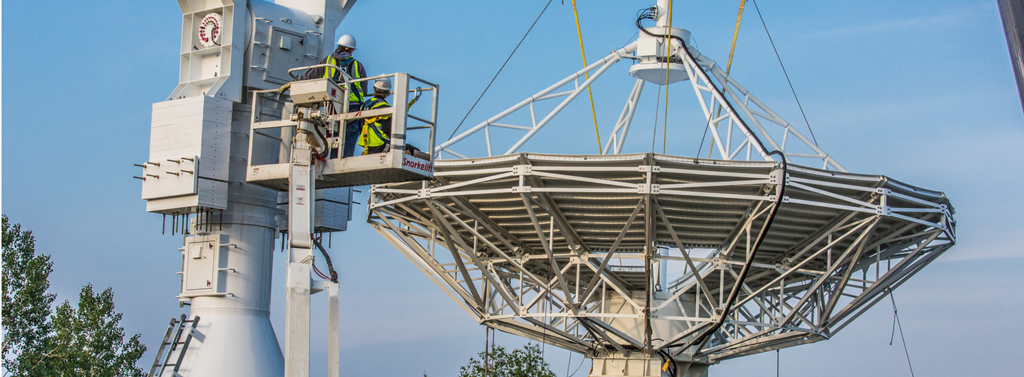Physics
Work on projects at the largest land-based rocket research range in the world. Observe and research the aurora, or engage in other cutting-edge research through our world-renowned Geophysical Institute. Use the world’s most powerful high-frequency transmitter for the study of the ionosphere (HAARP). These are just a few of the opportunities you’ll have when you earn your master’s in physics at UAF.
Our physics master’s degree program offers concentrations in space physics and computational physics. Research specialties within the department include nonlinear dynamics, complex systems and ice physics. We also collaborate with the Institute of Arctic Biology on biophysics research.
In addition to the physics master’s degree, we also offer doctoral programs in physics and space physics.
Get more information
Why Study Physics at UAF?
At UAF, you have the resources of one of the top research universities in the nation at your fingertips. From theoretical research in space physics, to experimental projects involving low-light-level imaging and spectroscopic observations of the aurora and airglow, we offer opportunities to work on the cutting-edge of science — in the context of a small, collaborative program.
What Can You Do With a Master’s Degree in Physics?
A physics master’s degree can lead to interesting and lucrative careers in industry, government, and academia. For many students, a master’s is also a step toward earning a PhD in physics.
More than half of UAF physics master’s degree graduates find jobs within one month
of graduation — many in areas such as scientific programming, research and development,
military service and more.
Physics Master’s Degree Requirements
Our course offerings include the traditional graduate-level physics courses supplemented by courses in plasma physics, fluid dynamics, radiative transfer, numerical simulation, signal processing, as well as topical courses on aeronomy, and magnetospheric physics.
The program is rigorous and demanding, but we work in an informal atmosphere and in a spirit of camaraderie. In addition to the standard physics curriculum, we offer graduate courses in Plasma Physics, Space Physics, Magnetospheric Physics, and Nonlinear Dynamics.
Graduate Programs Related to Physics
Get Started on Your Physics Master’s Degree
Take the next step toward earning your master’s degree in physics. We have the resources to help you get started.



